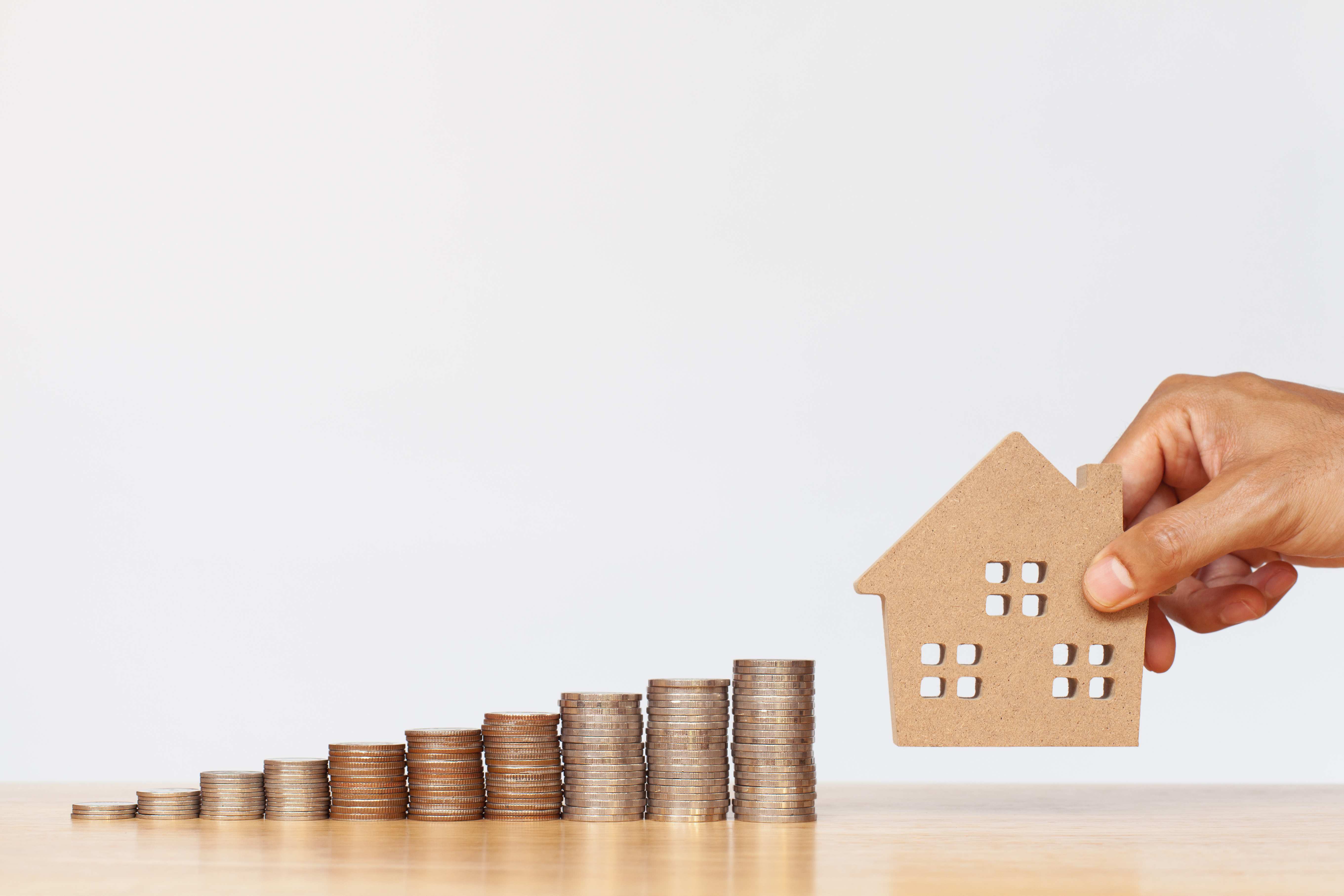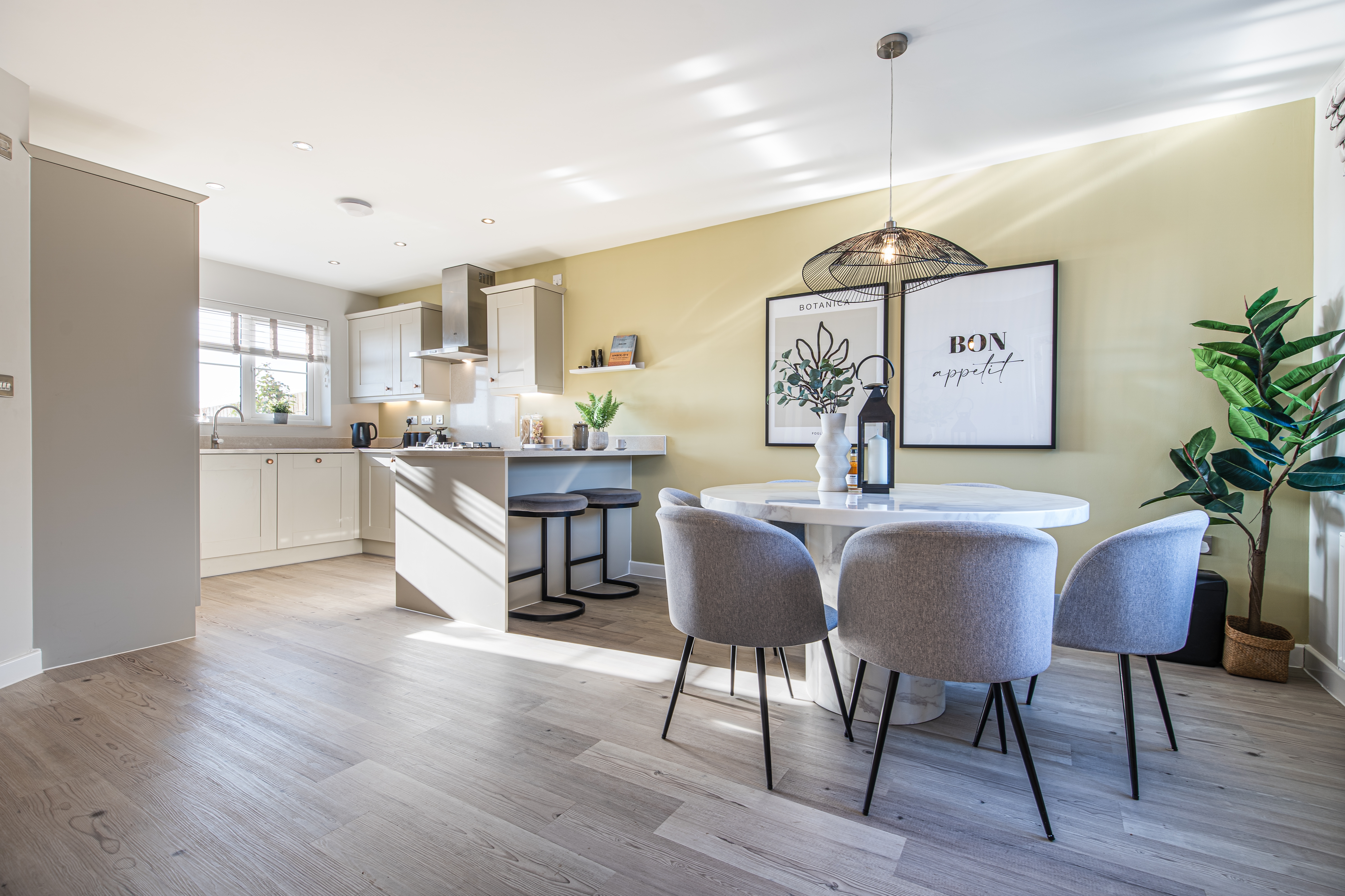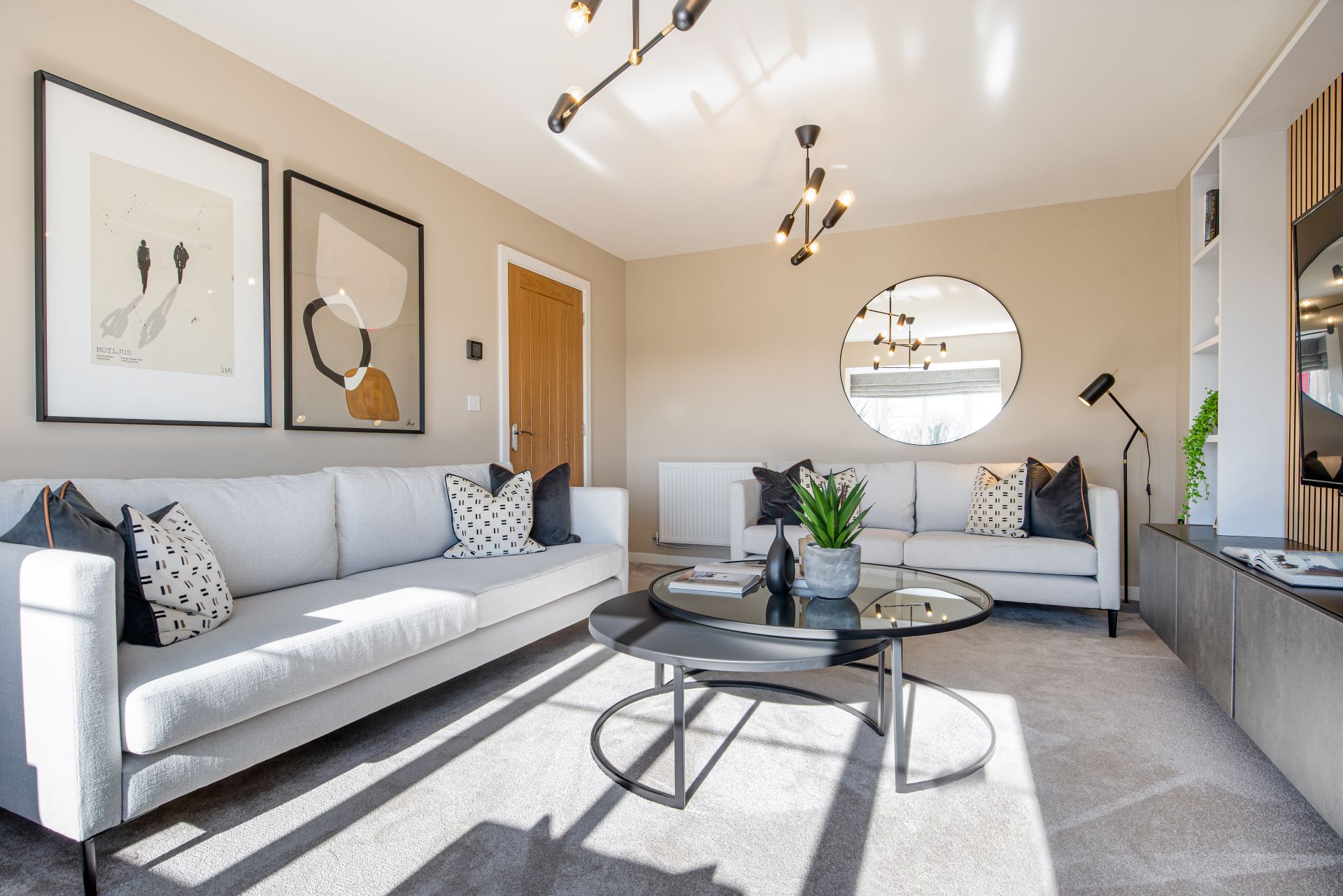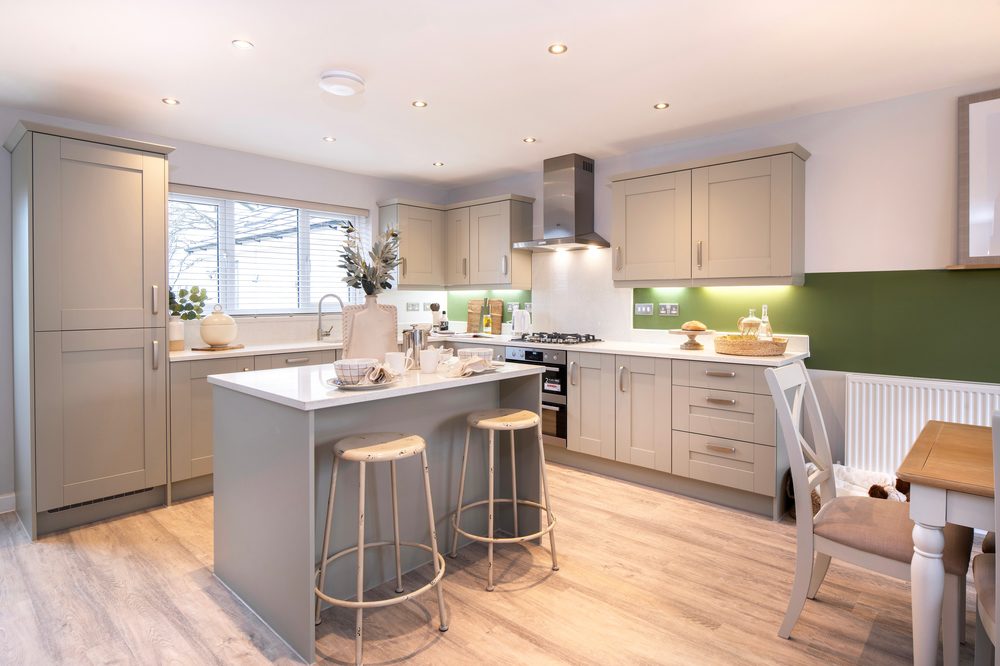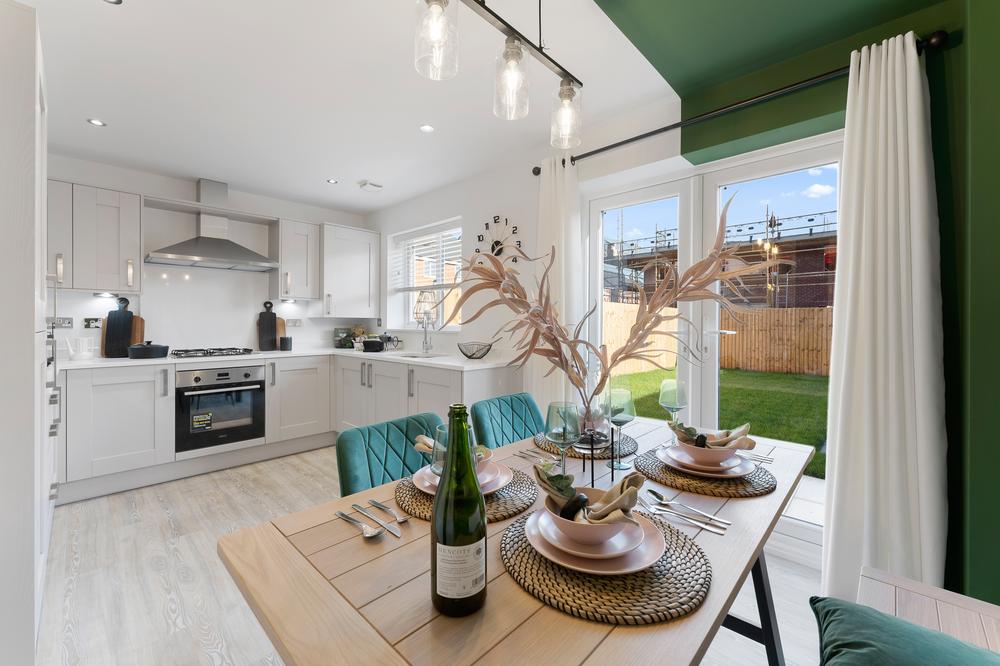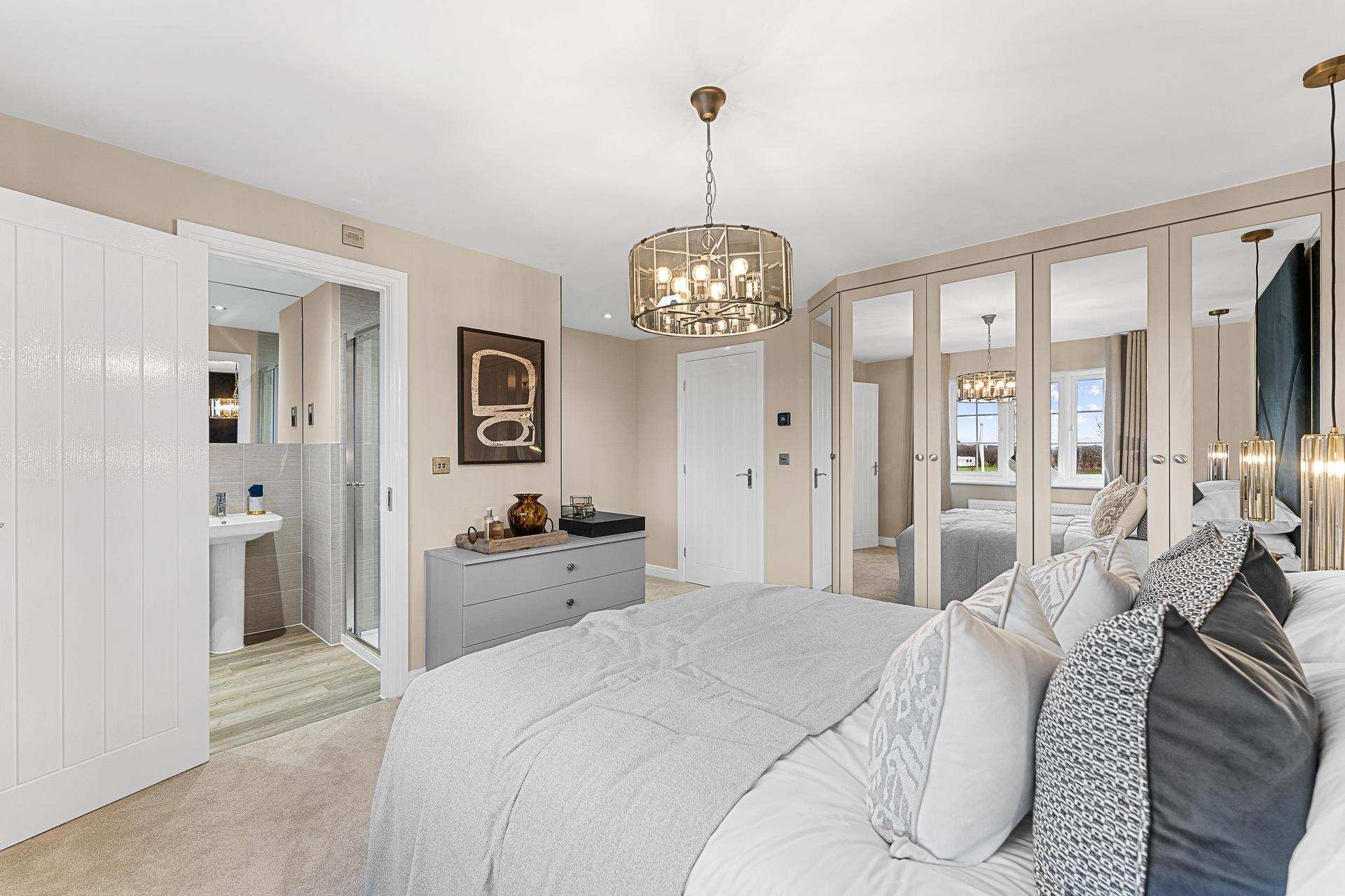There was a time when it was possible to buy a house with a 0% deposit. This is much more difficult at the moment, with most mortgage providers requiring some form of deposit in order to secure a mortgage. Typically, the largest mortgage you can get is for 95% of the purchase price of a property. This means your deposit will be 5% of the value of your new home.
The average house price at the end of 2022 was around £300,000, so let’s say this is the price you agree to buy a house for. Securing a 95% mortgage on a property of this value would leave you with a deposit of £15,000 and a mortgage of £285,000.
If you want to do the maths to work out what your deposit will be, there’s a simple equation that looks like this:
Property value x deposit percentage = deposit amount
In our example, we’ve taken a property value of £300,000 and multiplied it by 5%, like so:
• £300,000 x 0.05 = £15,000 deposit














